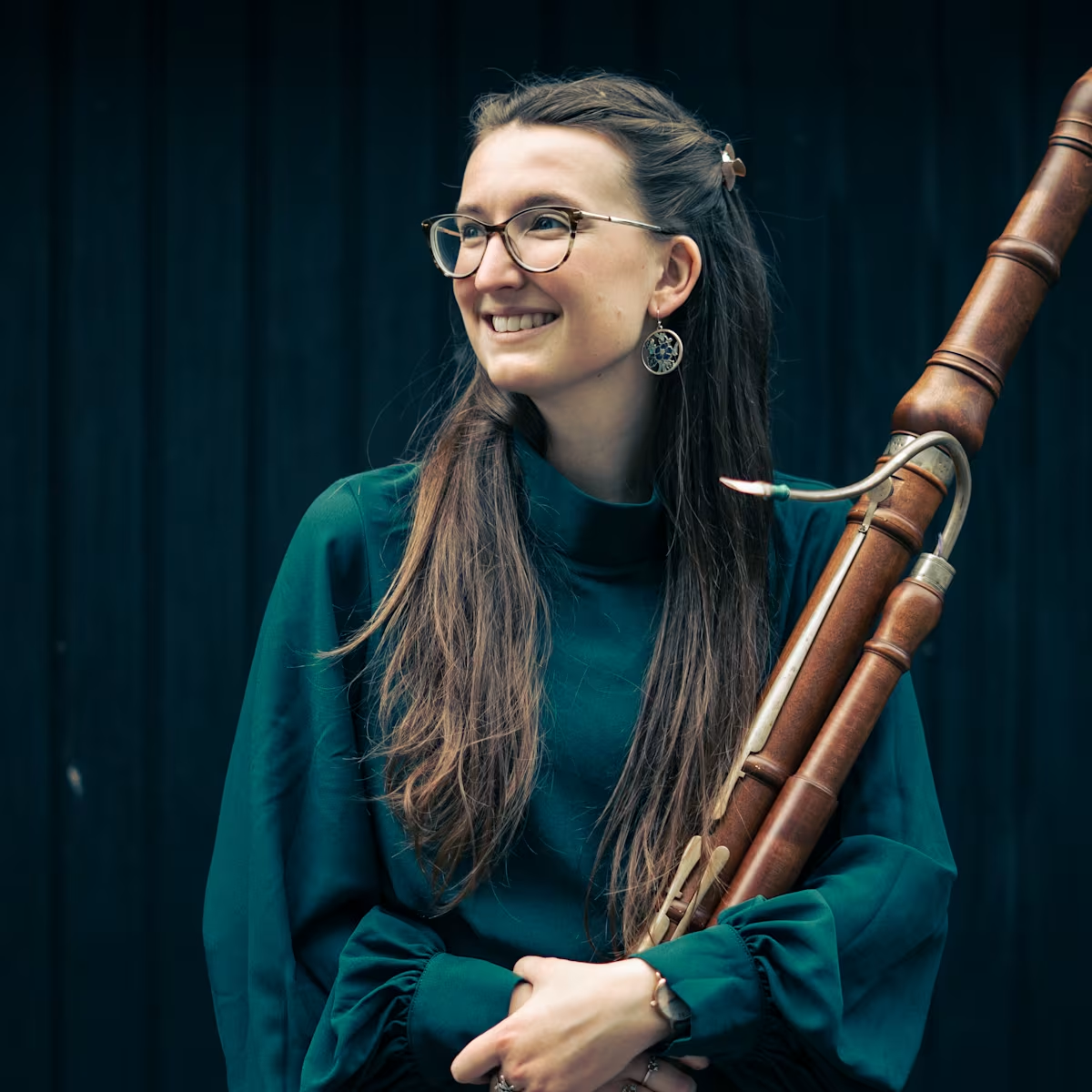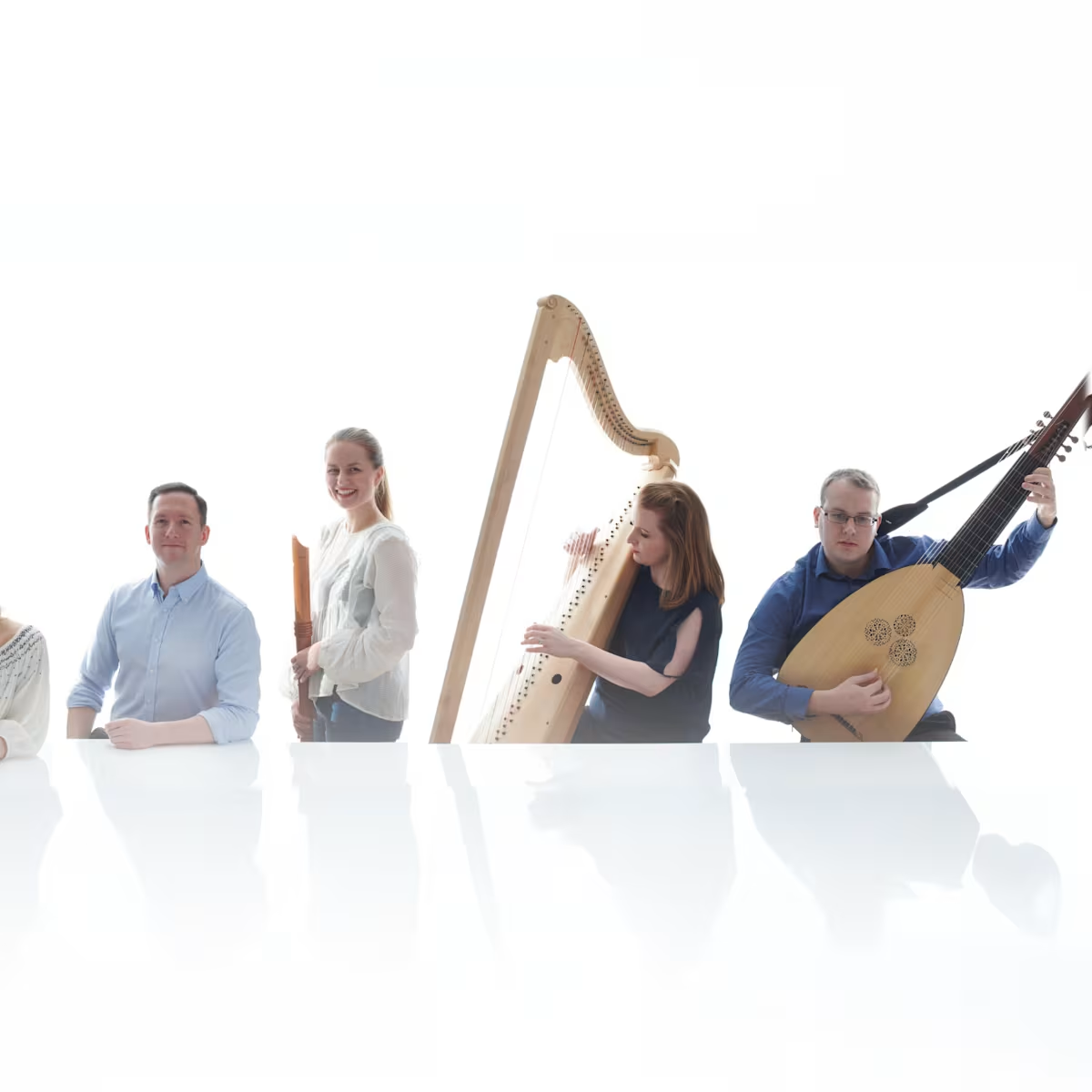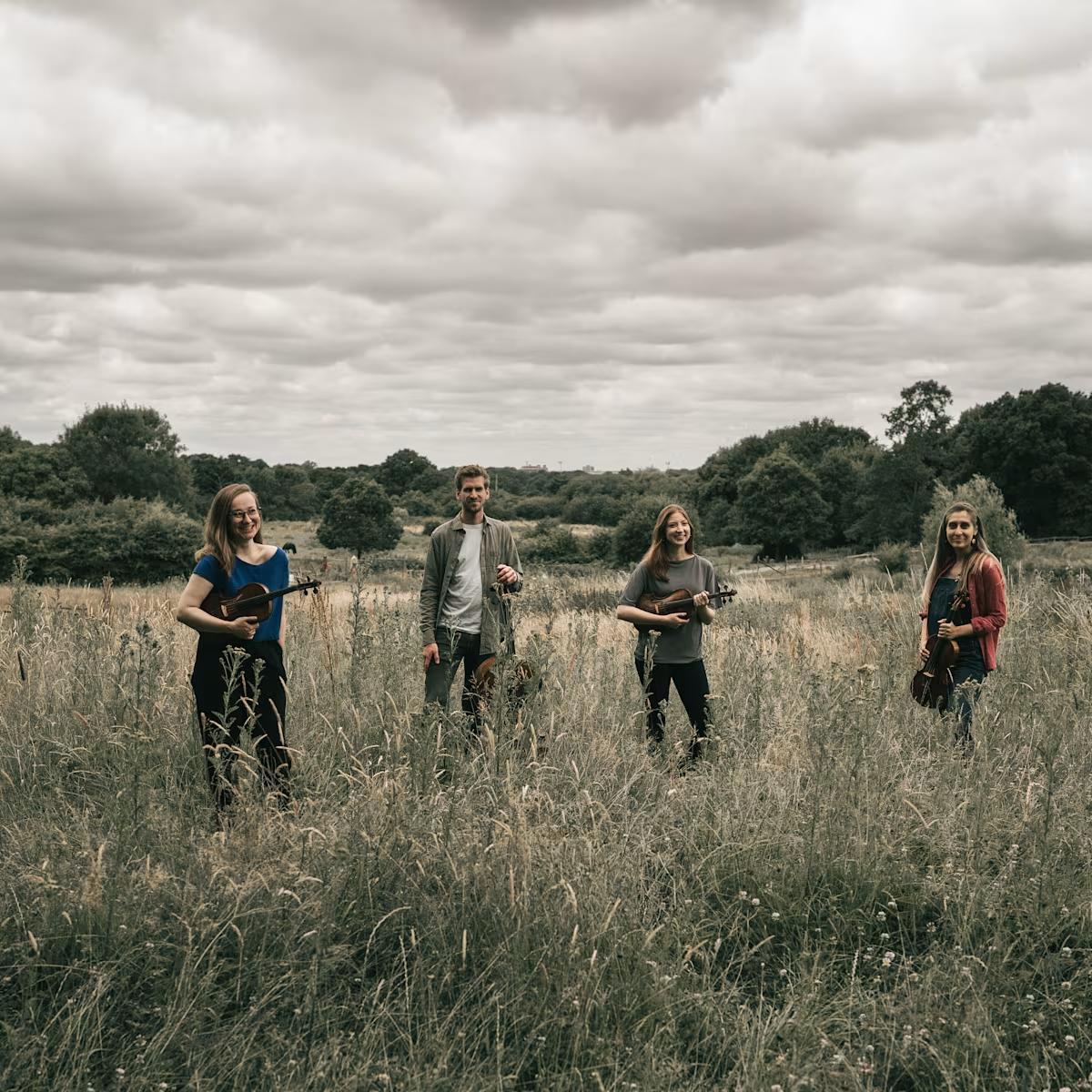Recording
Sweet Stillness
Share this

Sweet Stillness brings violinist Davina Clarke and soprano Mary Bevan together in a recording of Handel’s Nine German Arias. Released by VOCES8 Records, the album places these arias, setting the nature-inspired poetry of Barthold Heinrich Brockes, in a new sequence based on Brockes’s own Frühlings-Cantata (Spring Cantata). This thoughtful reordering, which creates natural key transitions between arias, reflects Handel’s sensitivity to musical and textual flow while opening a fresh perspective on a seldom-recorded work.
In this recording, Clarke and Bevan are joined by Tom Foster on harpsichord, Alexander Rolton on cello, and Sergio Bucheli on theorbo. The Nine German Arias are complemented by two of Handel’s violin sonatas, capturing the beauty of his obligato style across both vocal and instrumental works. The album’s interdisciplinary approach brings together music, poetry and art. Alongside music, it features English translations distilled into prose by cellist Jonathan Rees, who re-imagines the 18th-century German texts with modern insight. Rees’s translations, in ink calligraphy by baroque violinist Julia Kuhn, are set against his hand-painted watercolours. The cover art, shot by operatic tenor Andrew Staples, and sleeve notes by oboist Leo Duarte, further convey the album’s sense of community and collaboration.
BBC Music Magazine described the recording as “luminous” and “exuding warmth and beauty,” with Handel’s vocal and instrumental interplay captured in “glowing sound.”
This album, released on Voces8 Records, is available to stream on Spotify and Apple, and to purchase here.
Share this
Keep reading

In conversation: Catriona McDermid
Continuo Connect meets Catriona McDermid, a versatile bassoonist equally at home in period and modern groups, and a member of Ensemble Molière.

Lux Musicae London: Iberian Imagination
Lux Musicae London's Secrets of Andalusia explores the fusion of Islamic, Jewish, and European traditions in post-1492 Spain, tracing roots of flamenco.

Barnstorming!
Barnstorming! was born out of the desire to reconnect with colleagues and audiences during the COVID pandemic. Three concert films were created.




